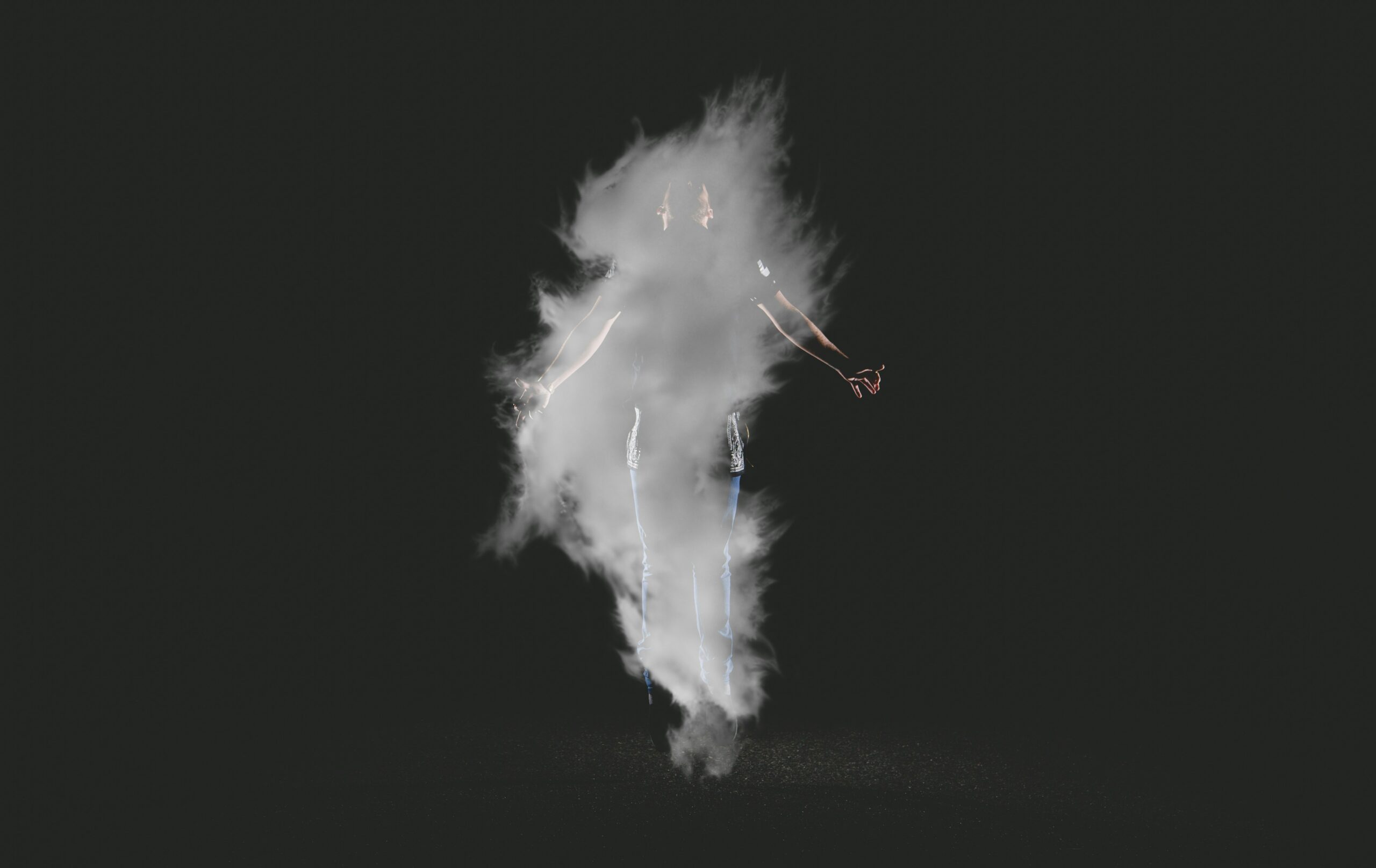
Authentic Challenge of Accepting Religion: Why Faith Doesn’t Work for Everyone

“Has the time not yet come for believers’ hearts to be humbled at the remembrance of Allah and what has been revealed of the truth, and not be like those given the Scripture before—˹those˺ who were spoiled for so long that their hearts became hardened. And many of them are ˹still˺ rebellious.”
Quran 57:16
After a journey of research and exploring Islam, you may consider taking the next step, and it seems reasonable for you to commit to the truth now.
But since when, as humans, we follow every logical or beneficial matter in our lives, we may even go against it on numerous occasions under the pressure of emotions or society.
Just like in Newton’s Third Law of Motion: for every action, there is an equal and opposite reaction, every one of us has major opposite forces that, even after logical conclusions, will push back the new religion or even the idea of God’s existence.
Let us explore those opposite forces:
Pride
A pride that will tell you: What do I need God for?!
Why must I pray, fast, or commit to some rules?!
I am not a farmer in the 16th century craving for a rainy season or fearing floods and plagues. Look around, you may say, we are Gods: we can fly, access any information we need, and fulfill our desires with a click of a button.
You may say that religion means submission, not a relaxing and restful kind of submission, but rather a struggling and demanding one; it means going against desires, comfort, and society, and I won’t sign for that.
Nice to meet your religion! My friend, you just described your God.
Your god is the incarnation of your arrogance and desires, and much like enthusiasts of any religion, you engage in acts of devotion—praying, preaching, and striving for whatever or whoever brings you closer to your desires.
“Have you seen ˹O Prophet˺ the one who has taken their own desires as their god? Will you then be a keeper over them?”
Quran (25:43)
The core of the matter is this: if your chosen path fails to bring you happiness, answer your questions, offer explanations, or fulfill its promises, it’s time to challenge your arrogance and reconsider. You may have been misled, not given a complete truth, or lacked access to crucial information in your current religious or belief system.
Further investigation and introspection with objectivity, an open mind and heart may be necessary. Give your pride a healthy environment and reassurance to accept reasoning and authentic faith.
“Surely those who dispute Allah’s signs—with no proof given to them—have nothing in their hearts but greed for dominance, which they will never attain. So seek refuge in Allah. Indeed, He alone is the All-Hearing, All-Seeing.”
Quran (16:76)

Anxiety, or the fear of change
Anxiety and fear of the unknown can often lead us to approach accepting God in the same way we handle many great ideas and beneficial projects in our lives: by shelving them in the dusty “When I am ready” section.
Making changes in our lives can be stressful, even if they are positive and beneficial, especially if they involve a deeply ingrained habit or conviction. Our brain doesn’t recognize good against bad, but only comfortable and familiar against unknown and hardship, and religion forces you to level up in every way imaginable and step up to an unfamiliar unknown.
That same brain builds a whole existence and personality based on your beliefs and assumptions. Every second of our lives, the brain filters every stimulus and information that does not support our preexisting ideas to avoid reevaluation, research, and rebuilding new standards, adding to our desires that nourish from our beliefs and anchor points for an enjoyable, stable existence.
And that’s where all the greatness and benefits come from, challenging our rooted bad habits and societal influence and taking every step possible toward the truth and self-improvement.
“Do they not then reflect on the Quran? Or are there locks upon their hearts? ”
Quran (57:24)
Belonging
How can you betray them and choose a different path in life, a “rival” religion (any religion) and prove them mistaken?
After the truth is clear, navigating the burden to conform to loved ones’ beliefs can be a profound internal struggle. The weight of betraying their trust and choosing a different path, especially one that conflicts with their faith, can feel like a daunting betrayal.
This decision involves not only some personal change but also the sensitivity of relationships and community. This sensitivity feeds a fear of rejection and being seen as an outsider, which can be paralyzing.
However, honoring the truth sometimes means stepping away from the herd and finding the courage to question, seek, and forge your own path while striving not to lose those you love. Ultimately, it’s a journey of growth, of honoring your past while embracing your future (Salvation) and finding the balance between your truth and the truths of others, which can take some time to achieve.
“When it is said to them, “Follow what Allah has revealed,” they reply, “No! We ˹only˺ follow what we found our forefathers practicing.” ˹Would they still do so,˺ even if their forefathers had ˹absolutely˺ no understanding or guidance?”
Quran (2:170)
Despair: I am too sinful to be religious.
If you recognize The God you are dealing with, you’ll never feel despair again.
Allah describes himself as forgiving, merciful, and just. When one embraces Islam, his past is wiped clean, offering a fresh start.
Afterward, human nature is still acknowledged and respected. When believers falter, they are encouraged to seek forgiveness directly and privately from Allah for sins against Him and to redress any wrongs committed against fellow beings. Crucially, all you need for repentance is sincerity and good intentions.
“Say, ˹O Prophet, that Allah says,˺ “O My servants who have exceeded the limits against their souls! Do not lose hope in Allah’s mercy, for Allah certainly forgives all sins.1 He is indeed the All-Forgiving, Most Merciful.”
Quran (39:53)

The crossover: Crossing to another culture and community
This crossover requires navigating new social norms, learning rituals and new words and actions, does and don’ts, and sometimes facing acceptance challenges from both previous and new cultural or familial backgrounds, together representing a burden.
Yet, with patience and good manners, that same challenge offers a rewarding sense of belonging, purpose, and identity. Islam’s universal appeal, transcending racial, geographical and cultural boundaries, provides a welcoming space for those seeking spiritual fulfillment and a deeper connection to a supportive global community. It also guarantees brotherhood and sisterhood wherever and whenever you are.
God, in his Book, links his mercy to that sense of brotherhood:
“The believers are but one brotherhood, so make peace between your brothers. And be mindful of Allah so you may be shown mercy.” Quran 49:10
The media narrative
Ironically, for some, the same narratives spark curiosity, leading them to explore Islam and ultimately embrace it. This highlights the disconnect between media depictions and personal experiences, as reverts often find a religion of peace, compassion, and intellectual depth, contrary to the distorted narrative they have once been fed.
“Surely the disbelievers spend their wealth to hinder others from the Path of Allah. They will continue to spend to the point of regret. Then they will be defeated and the disbelievers will be driven into Hell.”
Quran (8:36)
Fear of judgment
Remember, your journey toward faith is deeply personal, and it’s okay to have mixed emotions about it. What’s important is that you’re following both your reason and heart and seeking a deeper connection and relationship with your God.
Allah describes the situation and the consequences of a wrong prioritization in his revelation:
“He said ˹to his people˺, “You have taken idols ˹for worship˺ instead of Allah, only to keep ˹the bond of˺ harmony among yourselves in this worldly life. But on the Day of Judgment you will disown and curse one another. Your home will be the Fire, and you will have no helper!.”
Quran (29:25)
Conclusion
Synchronize your inner voice and the reasoning God provides you, along with his authentic and preserved scripture and the welcoming and understanding Muslim community, to navigate the complexities of change.
Know that it’s okay to have moments of doubt and weaknesses along the way
“Say, ˹O Prophet,˺ “I am only a man like you, ˹but˺ it has been revealed to me that your God is only One God. So whoever hopes for the meeting with their Lord, let them do good deeds and associate none in the worship of their Lord.”
Quran (18:110)





